This is a project within the series of events under the ASEAN-Japan Action Plan on Sports, which was built on the consensus of four priority areas at the First ASEAN Ministerial Meeting on Sports + Japan in October 2017. The four areas include: building a team of physical education teachers and coaches, promoting the role of women in sports, developing sports for people with disabilities and anti-doping work in sports.
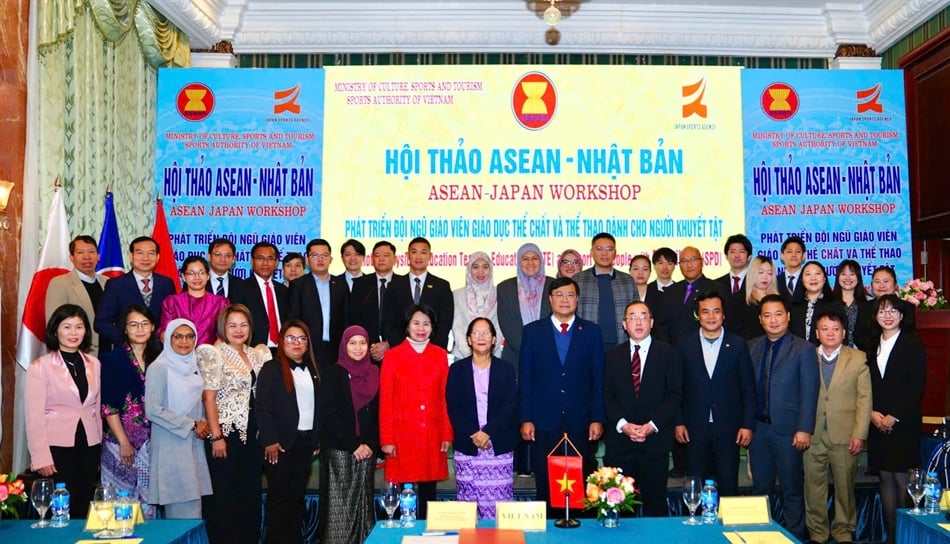
ASEAN-Japan Workshop on Developing Physical Education Teachers (PETE) and Sports for People with Disabilities was held in Vietnam.
This project is jointly implemented by Nippon Sports Science University (NSSU) and Tsukuba University in Japan. In preparation for the project, a survey on the need for cooperation in developing physical education and sports teachers for people with disabilities in ASEAN member countries was conducted. Based on the results, the Government of Japan has officially launched the second phase of the project, focusing on the development of physical education teachers (PETE) and sports teachers for people with disabilities (SPD). The core objective of this project is to improve the quality of physical education and sports teachers for people with disabilities across the region.
Since the second phase was launched in 2021, due to the impact of the Covid-19 pandemic, the Workshops have been held online for 3 consecutive years (2021, 2022, 2023). In early 2024, the Workshop was held in person for the first time in Cambodia. Notably, in 2025, Vietnam is honored to be the co-host of this important event, taking place from February 24 to 27. The event is an important step forward, demonstrating the continuous efforts of the parties towards a comprehensively developed ASEAN community, where sports play an essential role in socio-cultural development, community connection and peace promotion.
At the workshop held in Vietnam, Professor, Dr. Yoshinori OKADE, Director of the Project on Developing Physical Education and Sports Teachers for People with Disabilities, highly appreciated the role of Vietnam, especially as the host, together with the ASEAN Secretariat, Japan and regional member countries during the project implementation.
All members of the project have made great efforts over the past nearly 4 years to achieve encouraging results in the development of physical education and sports teachers for people with disabilities.
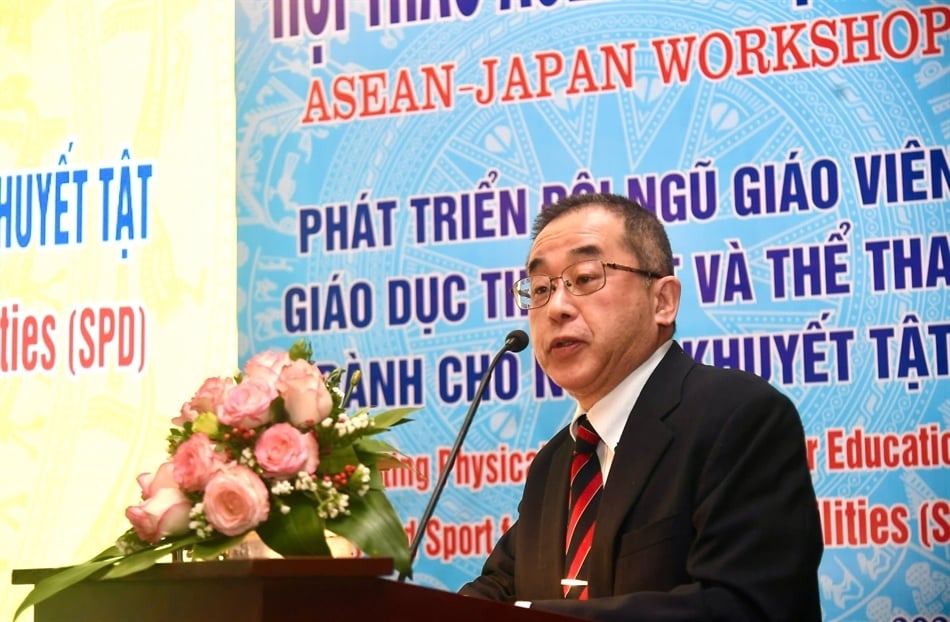
Professor, Dr. Yoshinori OKADE, Project Director.
It can be said that the ASEAN-Japan Workshop on Developing Physical Education and Sports Teachers for People with Disabilities held in Vietnam has marked a new step forward in bilateral cooperation in this field. The workshop has received high appreciation from representatives of ASEAN countries for its serious and elaborate research with data and examples of high practical value.
The workshop is not only a forum for delegates to exchange and update information on physical education and sports for people with disabilities in each country, but also helps countries have an overview of this field in the region.
Professor, Dr. Yoshinori OKADE believes that the valuable experiences gained from the Workshop will continue to be shared and applied in each country, further promoting the development of teaching staff and contributing to consolidating the strong position of the ASEAN region; at the same time, it is a clear demonstration of the commitment to close cooperation between Japan and ASEAN.
The important role of the project in Vietnam
In the context of increasingly deep international integration, cooperation between countries in the region and around the world has opened up many development opportunities for many fields, especially sports. The ASEAN-Japan Action Project on Sports is a clear demonstration of this, playing an important role in promoting and improving the quality of sports for people with disabilities in Vietnam. The project not only contributes to improving training and competition conditions, but also has a positive impact on physical education teachers and raising public awareness of sports for people with disabilities.
One of the most obvious impacts of the project is the creation of a valuable learning and experience exchange environment for Vietnamese physical education teachers. Activities such as seminars and professional training have helped teachers access advanced knowledge, modern teaching methods and specialized techniques in sports for people with disabilities. Thanks to that, they can apply this knowledge in practice, helping disabled athletes to train more scientifically and effectively. This cooperation also helps Vietnam build a team of doctors with in-depth expertise in classifying injuries, a key factor to ensure fairness and safety for athletes when participating in competitions.
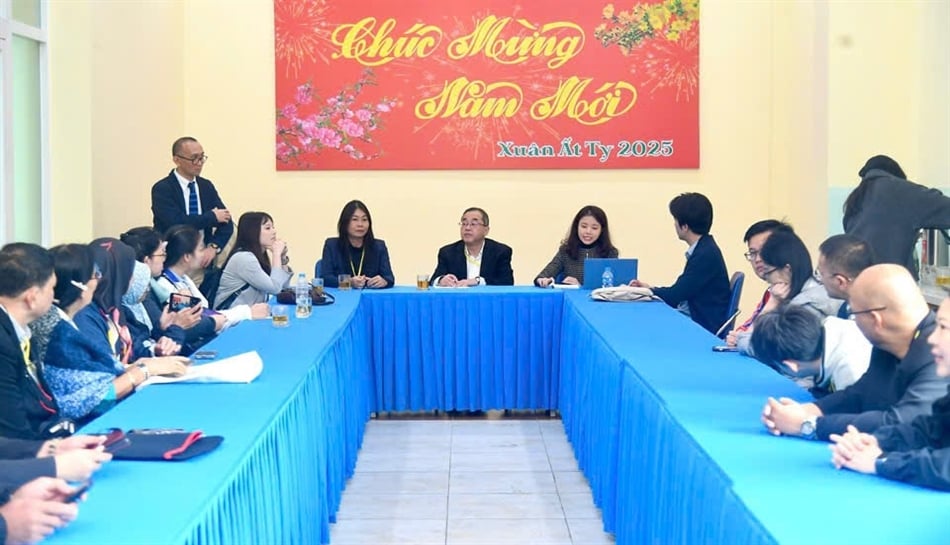
The delegation visited the training site and listened to information about the current situation of Vietnamese disabled athletes.
In addition, the project also has a strong impact on disabled athletes. The exchange between delegates and disabled athletes in Hanoi within the framework of the Workshop held in Vietnam in early 2025 clearly demonstrated the optimism and extraordinary will to train of the athletes. The interest of regional delegates is not only a great source of encouragement, but also an opportunity for athletes to learn, share and compete with international friends. These activities help them improve their skills, become more confident and nurture their passion for sports, thereby contributing to improving the overall achievements of Vietnamese sports in the international arena. The proud achievements of Vietnam at the recent Paralympics are a vivid proof of these tireless efforts.
At the event, the difficulties that disabled sports in Vietnam are facing, such as limited social awareness, lack of specialized sports clubs and inadequate facilities, were also shared. These are challenges that international cooperation projects can continue to support, through activities such as developing club systems, organizing tournaments and raising community awareness.
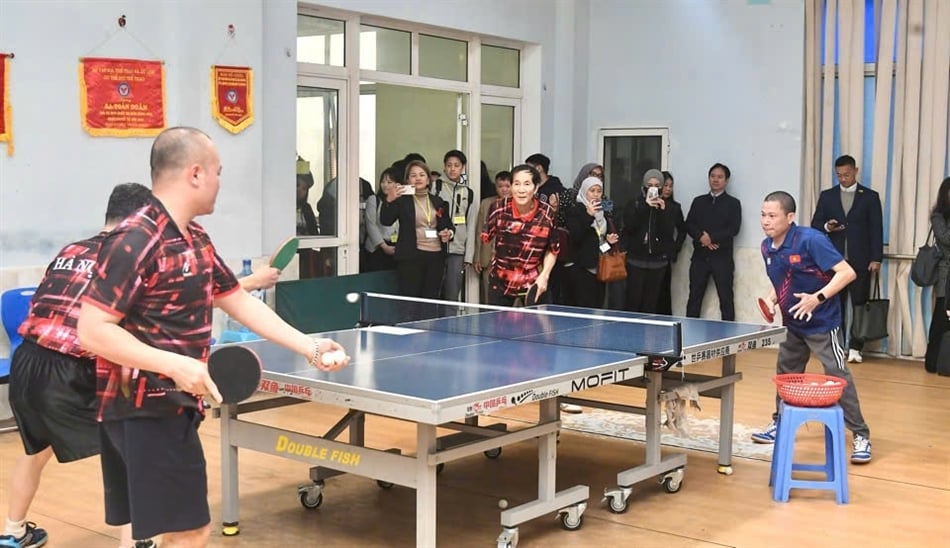
Delegates visited and interacted with disabled athletes in Hanoi.
This shows that the ASEAN-Japan Sports Cooperation Project has been playing a key role in developing sports for the disabled in Vietnam. The project not only brings practical benefits in terms of expertise, but also contributes to spreading the sportsmanship, confidence and aspirations of people with disabilities, helping them integrate and contribute more to society.
Source: https://bvhttdl.gov.vn/hop-tac-asean-nhat-ban-gop-phan-thuc-day-phat-trien-doi-ngu-giao-vien-the-chat-va-the-thao-cho-nguoi-khuet-tat-20250924150742599.htm


![[Photo] General Secretary To Lam receives US Ambassador to Vietnam Marc Knapper](https://vphoto.vietnam.vn/thumb/1200x675/vietnam/resource/IMAGE/2025/9/29/c8fd0761aa184da7814aee57d87c49b3)
![[Photo] National Assembly Chairman Tran Thanh Man chairs the 8th Conference of full-time National Assembly deputies](https://vphoto.vietnam.vn/thumb/1200x675/vietnam/resource/IMAGE/2025/9/29/2c21459bc38d44ffaacd679ab9a0477c)
![[Photo] Many streets in Hanoi were flooded due to the effects of storm Bualoi](https://vphoto.vietnam.vn/thumb/1200x675/vietnam/resource/IMAGE/2025/9/29/18b658aa0fa2495c927ade4bbe0096df)
![[Photo] General Secretary To Lam chairs the meeting of the Central Steering Committee on preventing and combating corruption, waste and negativity](https://vphoto.vietnam.vn/thumb/1200x675/vietnam/resource/IMAGE/2025/9/29/fb2a8712315d4213a16322588c57b975)
![[Photo] General Secretary To Lam attends the ceremony to celebrate the 80th anniversary of the post and telecommunications sector and the 66th anniversary of the science and technology sector.](https://vphoto.vietnam.vn/thumb/1200x675/vietnam/resource/IMAGE/2025/9/29/8e86b39b8fe44121a2b14a031f4cef46)


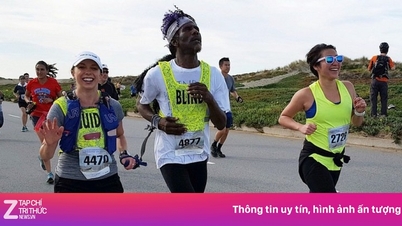




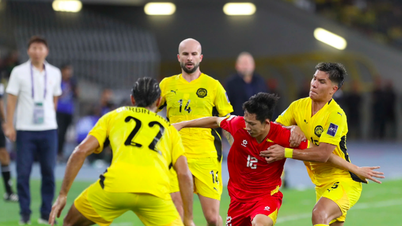







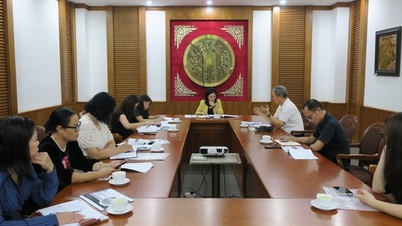
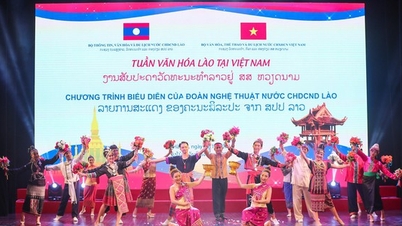

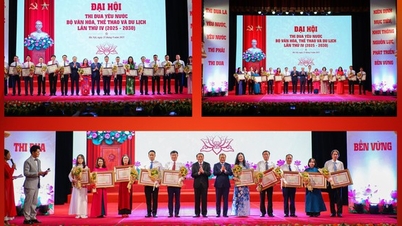














































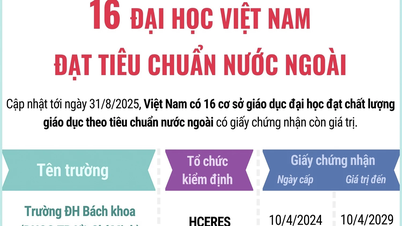



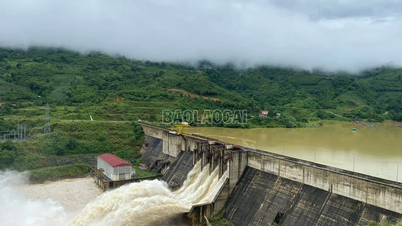
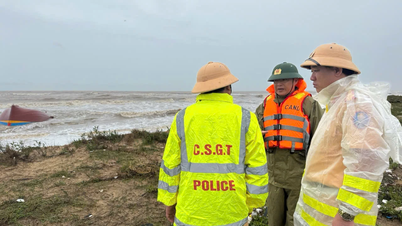

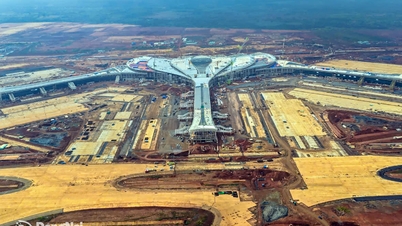














Comment (0)